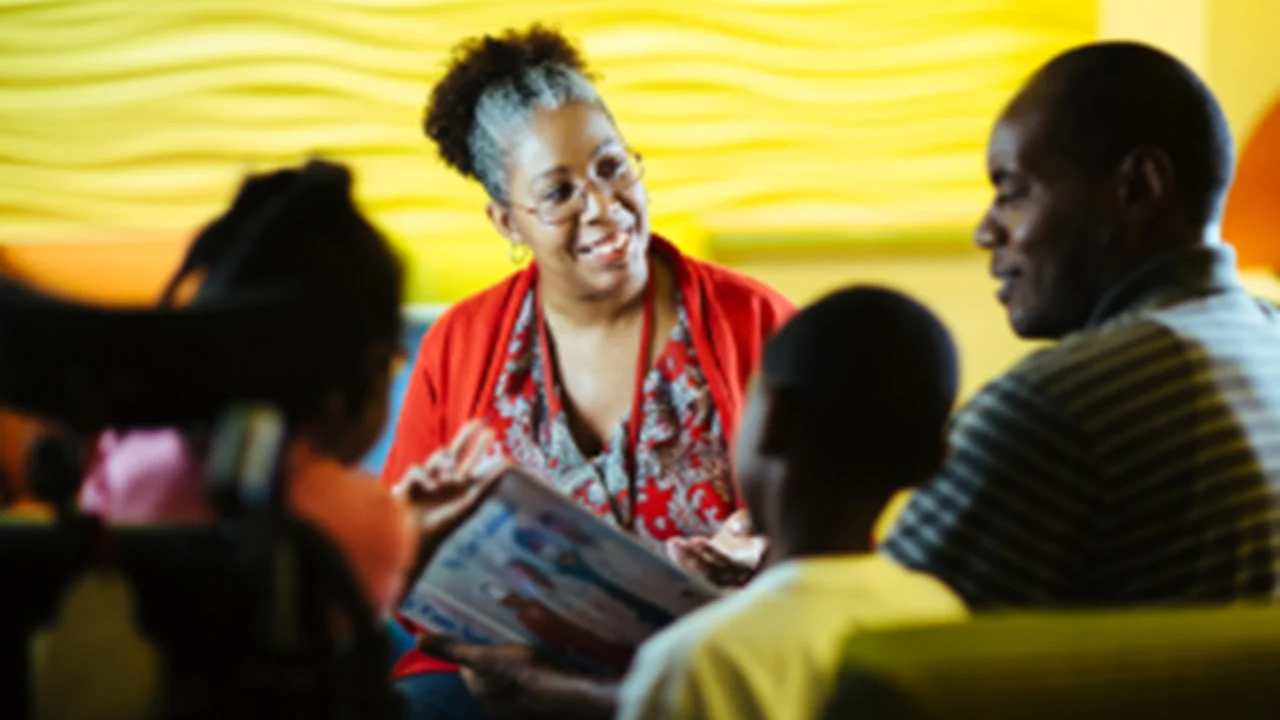Curriculum
Clinical Experiences
Our faculty is committed to excellence in clinical care and training. In this spirit, we believe both evaluation and treatment rotations are fundamental to well-rounded training in autism. At the same time, clinical training experiences are personalized to the fellow’s goals and interests. We are currently employing a hybrid model that includes in-person clinical care for most services and virtual clinical care for others. Training rotations include a combination of core and elective opportunities:
Core
Autism Diagnostic Evaluation
Fellows receive extensive training in autism assessment across the lifespan (ages 12 months – young adult) and will develop facility with various diagnostic tools including ADOS-2, CARS-2, and ADI-R, as well as evaluation using telemedicine.
Core
Cognitive Behavioral Intervention
Fellows will co-lead an interdisciplinary executive functioning group-based intervention for youth with autism and/or provide individual psychotherapy.
Elective
Psychological/Neuropsychological Evaluation
Fellows will have the opportunity to gain experience in assessment of cognitive and learning abilities in autistic youth across age ranges (preschool clinic) and ability levels (minimally verbal clinic, neuropsychological evaluation clinic).
Elective
Gender and Autism Evaluation
Fellows who pursue this optional elective will receive training in the intersection of autism and gender diversity. They will work with the interdisciplinary Gender and Autism Program team and learn about assessing and supporting neurodivergent/gender diverse youth.
Elective
Other Specialized Opportunities
Assessment with medically complex populations.
Spanish Training Emphasis Program (STEP) provides training with bilingual supervisors to increase trainees’ confidence, competence and comfort in serving Spanish-speaking families with the aim of addressing disparities for Latinx patients and families.
Didactic and Professional Development Experiences
Our fellowship offers specialized autism-focused didactics and professional development activities.
- Monthly reliability trainings in gold-standard diagnostic measures (e.g., ADOS-2, etc.)
- At least two hours of individual supervision weekly
- Monthly group assessment supervision focusing on case formulation, report writing, feedbacks, neurodiversity and transition-age youth
- Weekly didactic/professional development multidisciplinary meetings that include didactic presentations, guest speakers and case discussions.
- The fellow will also participate in weekly didactics, case conferences, and individual and group supervision. Fellows will also have the option to participate in the Leadership Education in Neurodevelopmental and Related Disabilities Fellowship at Children’s National (LEND-CN). This interdisciplinary program includes didactics, interdisciplinary clinical practice, applied experiences, and opportunities for scholarship.
- Additional opportunities through our division and the larger medical center include: neuropsychological seminar series, Hospital Grand Rounds, Behavioral Medicine Grand Rounds, Children’s Research Institute Seminars and IDDRC Seminars. Most of these meetings can be attended remotely via video teleconference.
Supervision and Teaching Opportunities
The fellow will develop teaching and supervisory skills to prepare themselves for independent practice within clinical and academic medical settings. All fellows develop their supervisory skills through work with psychometrists. Fellows that extend their training into a second year can develop supervisory skills by training an extern. Fellows present topics within neuropsychology and CASD seminar series. Fellows have the opportunity to participate in community education and outreach at the local level and beyond.
Sample Postdoc Schedule
Applicants often wonder how all the above opportunities come together over the two-year period. The sample schedule below is an illustration. Actual schedules will vary depending on trainee goals and interests. Fellows participate in multiple rotations at any given time. Rotations vary in both length (6 months or 12 months) and intensity (e.g., cases weekly or twice a month).
Fall
- Research
- Group therapy
Spring
- Minimal verbal evaluations







